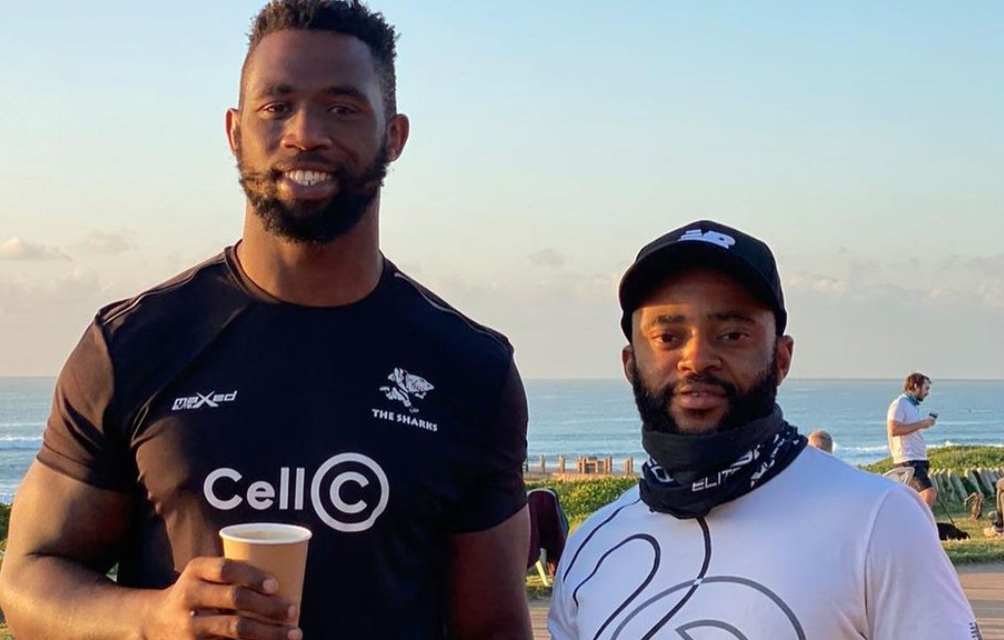Proteas captain Temba Bavuma spent a few days in Durban recently where he trained with the Sharks rugby team and gained some insights from Siya Kolisi.
Bavuma told Rapport that he was left inspired by the work ethic the Sharks team pride themselves on with Kolisi as their new recruit, who famously captained the Springboks to the 2019 World Cup as the first ever black Test captain of the national rugby team.
Bavuma, who followed a similar route when he was appointed the first black African captain of a Proteas team earlier this year, said the main thing will always be to achieve success on the field – something the Proteas have desperately been lacking in recent times.
View this post on Instagram
‘The Sharks have several Springboks, not just Siya, and I talked to them and gained insight into how they managed to make things work,’ Bavuma explained.
‘The one thing that stood out for me was that although we have all these other interests and ideals, you will not be able to achieve them if you do not win.
‘Everything we want to achieve becomes meaningless if we do not win. Someone like our coach, Mark Boucher, also hammers on this.’
Bavuma added that the Proteas have come a long way in addressing the key diverse issues that became ever present in the world and in South Africa when the Black Lives Matter movement gained traction last year.
The Proteas conducted a ‘culture camp’ to the Kruger National Park at the time where they openly spoke about the challenges players of colour face in the national team.
‘In a period when there was so much energy in the Black Lives Matter movement and when all the current and former players shared their experiences of discrimination, it was refreshing for us as a team to be able to sit and have conversations about race, discrimination and transformation.
‘It gave guys chances to hear each other’s perspectives. The point of the exercise was to give everyone a chance to broaden their perspectives, to put yourself in someone else’s shoes and to understand where other people come from and why they act the way they do and have certain opinions,’ Bavuma said.







